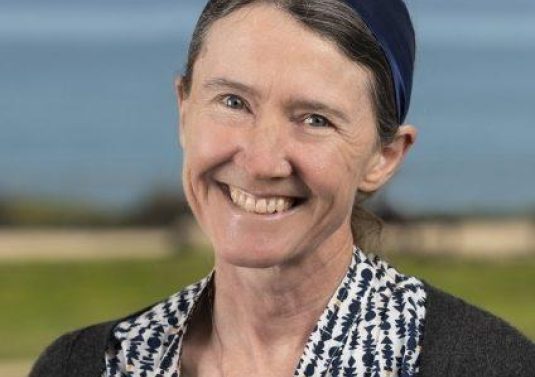Christina Tague's research is focused on the interactions between hydrology and ecosystem processes and, specifically, how eco-hydrologic systems are altered by changes in land use and climate. Much of her work involves developing and using spatial simulation models to integrate data from multiple field-based monitoring studies in order to generalize results to larger watersheds. Reflecting that emphasis, she is one of the principal developers of the Regional Hydro-Ecologic Simulation System (RHESSys), an integrated model of spatially distributed carbon, water, and nitrogen cycling. RHESSys is designed to provide science-based information about spatial patterns of ecosystem health and vulnerability in terms of water quantity and quality. Professor Tague is currently modeling the impacts of climate change on stream-flow patterns in the western United States and examining how urbanization alters drainage patterns and associated biogeochemical cycling in watersheds in Baltimore, Maryland, and Southern California.
University of California, Santa Barbara


 DYNAMIC WATER
DYNAMIC WATER